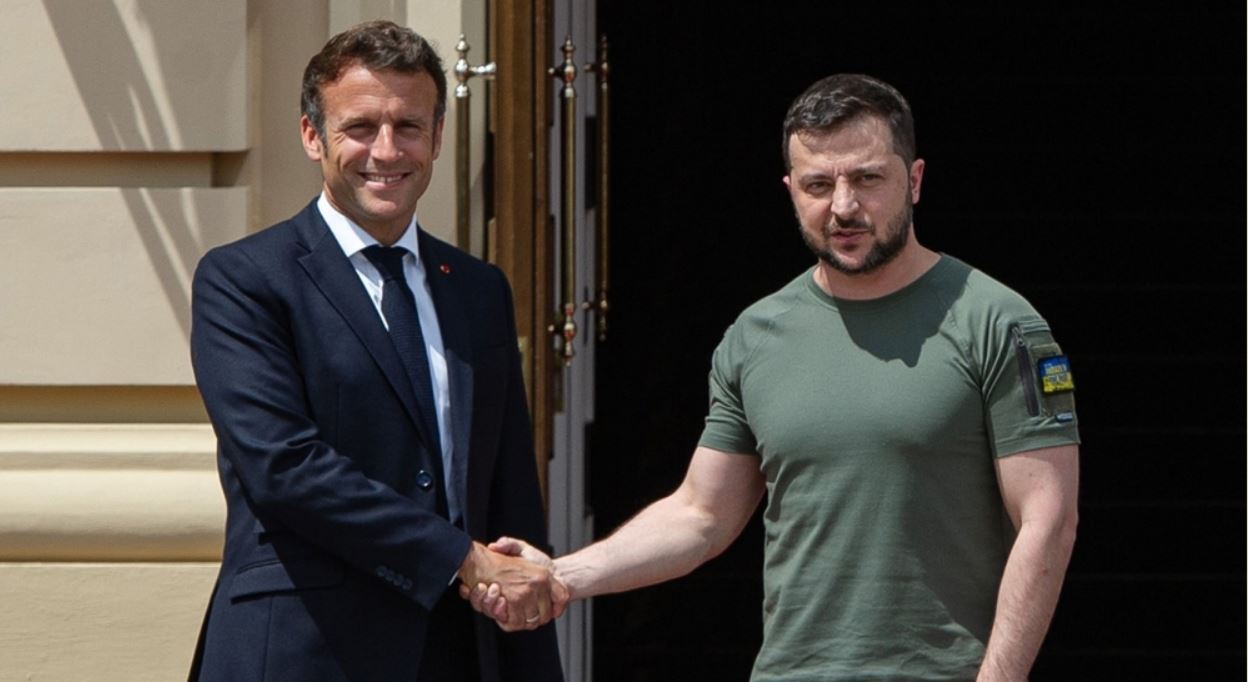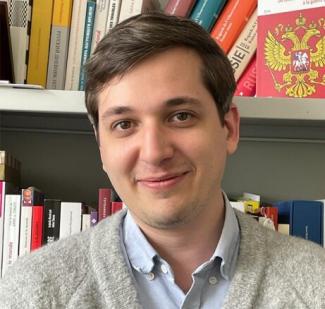How will it end? No easy answers over Russia's war on Ukraine
The Kremlin wanted Russia's invasion of Ukraine to yield a lightning victory, but 12 months on the war is dragging into a stalemate with neither side achieving military breakthrough nor prepared to agree a settlement based on the status quo.

[...]
What type of arms Ukraine manages to get from its western allies will be decisive, said Dimitri Minic at the French Institute for International Relations.
Longer-range artillery, for example, "could allow the Ukrainian army to break the cycle of attack, counter-attack and defence, weaken Russia's capacity to recover and obtain a decisive victory", he said.
A "strategic" win, he said, could consist of "splitting the Russian army deployment in Ukraine in two via Zaporizhzhia", a city and region in southeastern Ukraine.
But, Minic cautioned, even when Ukraine inflicted a humiliating defeat on the Russian army by recapturing the southern city of Kherson, Moscow did not give up.
"The Russians will do anything, including mobilising without limit and impoverishing their entire country if needed, to hold on to occupied territories and continue their conquests," Minic said.
Alterman said he could imagine multiple scenarios, such as "Russia exhausting the rest of the world and solidifying some gains."
"I could imagine a leadership transition in Russia that ends the war. I could imagine some sort of truce," but he acknowledged that "it's all too early to say".
So far, neither side has signalled any real willingness to negotiate.
Zelensky has put forward a 10-point peace plan involving a recognition by Russia of Ukraine's territorial integrity, and a withdrawal of all its troops.
Russia could "temporarily" accept Ukraine's independence and even a pro-EU and pro-NATO leadership in Kyiv, but only "in exchange for a recognition of Russian conquests in Ukraine", said Minic.
This, however, is a red line Ukraine will never cross, experts said.
Another uncertainty concerns nuclear weapons and their possible role in the next phase of the war.
Russia brandished a thinly veiled threat of atomic weapons early in the conflict.
While that turned out to be "a bluff", according to Fix, a nuclear scenario could become a "very serious possibility" if Ukraine should manage to take back Crimea, Minic said.
If things get that far, he said, internal dissent in Russia may well boil over because of fears of nuclear war -- and because any use of nuclear weapons would be seen as revealing not President Vladimir Putin's strength, but his weakness, he said.
> Read the article on France24

Media:

Share







